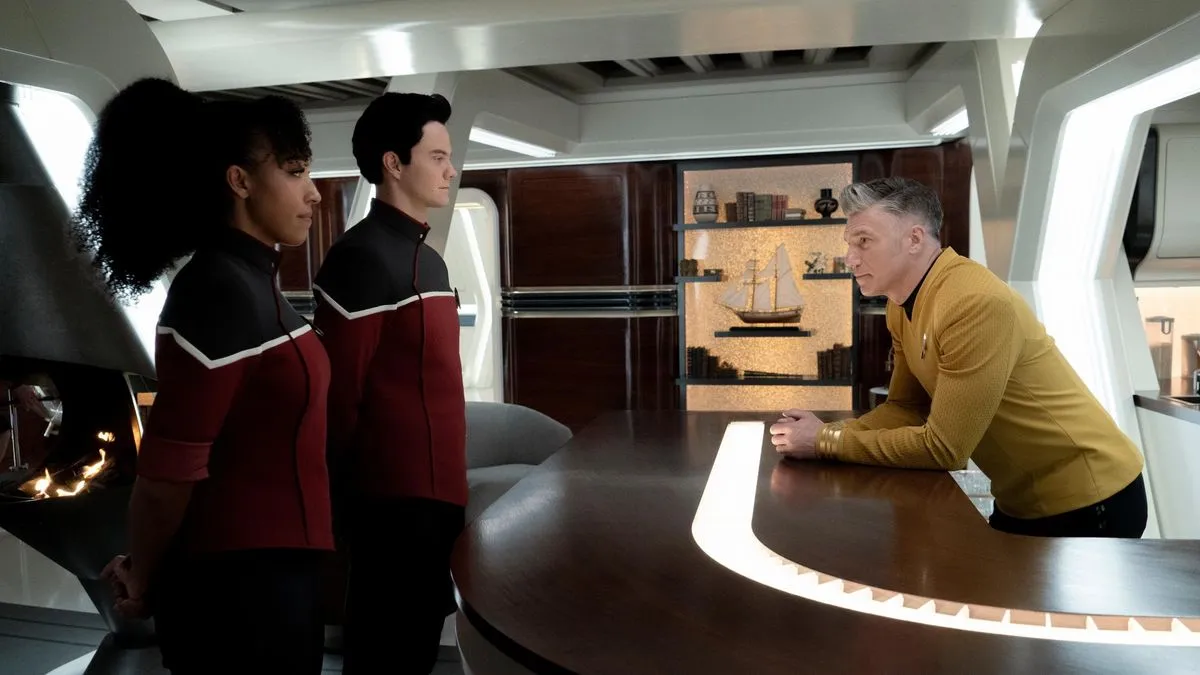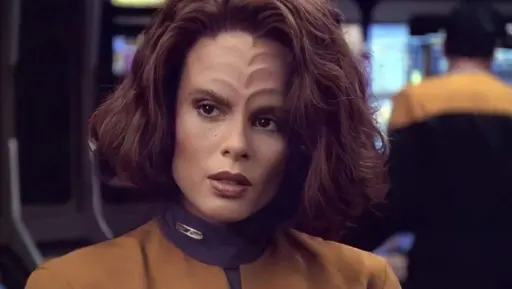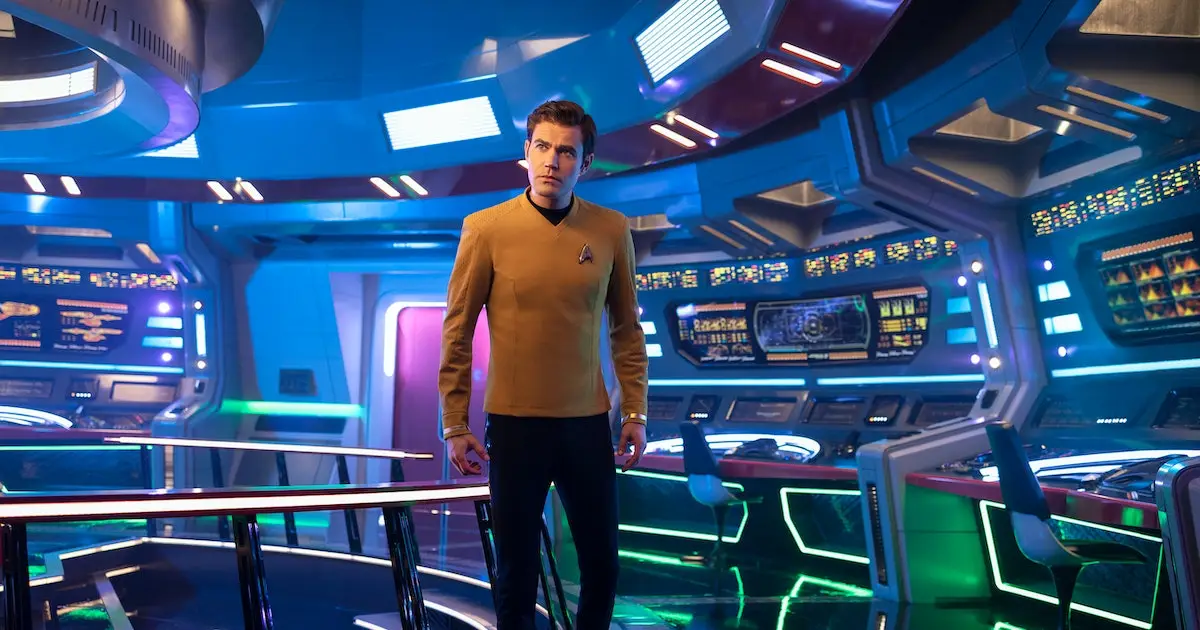

Celia’s hair for the panel suggests they’re evolving Uhura’s style in season five towards the one in TOS.
Which is interesting because Celia really wanted to avoid wigs and keep a natural hairstyle.
I’m wondering what kind of hair Jess will have for Chappel in the final season.











It seems more that Larry Ellison is giving his adult children amounts of money to invest to learn how to run businesses.
Amounts that for most others would be an inheritance in themselves are less than a year’s interest on Larry’s overall fortune.
David and his sister both started out with a certain amount.
His sister’s firm got into financial difficulties so Larry appointed a co head and hasn’t invested more.
David made his investment in creating Skydance profitable and so his father is investing more.
It’s a better solution than Trump taking his cut of the inheritance and bankrupting it, and then getting full control and bankrupting again.
That’s not to say even so that Larry isn’t taking advantage of the CBS part of the purchase to reshape its news to his own vision.